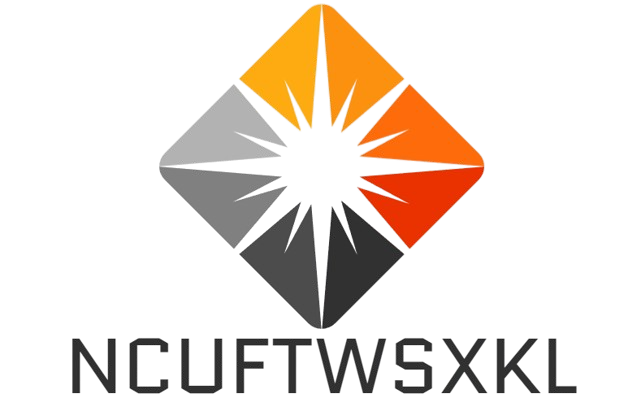Pursuing a mortgage is almost like a right of passage for adults. When the time comes to move from renter, or parents’ home dweller, to home owner, you need to do some research. For example, the article below gives you some handy pointers which will assist you in the mortgage search process.
Remember that the interest rate isn’t the most important part of a mortgage. You also have to think about closing costs, points and other incidentals. There are different kinds of loan as well. That is why you have to find out as much as you can about what you’re eligible for.
Before getting a mortgage, study your credit history. Good credit is what can help you get a mortgage. Obtain copies of your credit history and scores from the three major credit-reporting bureaus. Study your reports carefully to ensure that no issues or errors must be resolved before you apply. Many lenders need a minimum score of 680, which complies with Freddie Mac and Fannie Mae’s guidelines. Most lenders want to avoid scores that are lower than 620.
Don’t make any sudden moves with your credit during your mortgage process. If your mortgage is approved, your credit needs to stay put until closing. After a lender pulls up your credit and says you’re approved, that doesn’t mean it’s a done deal. Many lenders will pull your credit again just before the loan closes. Avoid doing anything that could impact your credit. Don’t close accounts or apply for new credit lines. Be sure to pay your bills on time and don’t finance new cars.
If you are a veteran of the U.S. Armed Forces, you may qualify for a VA morgtage loan. These loans are available to qualified veterens. The advantage of these loans is an easier approval process and a lower than average interest rate. The application process for these loans is not often complicated.
When considering a home mortgage lender, check the lender’s record with the Better Business Bureau (BBB). The BBB is an excellent resource for learning what your potential lender’s reputation is. Unhappy customers can file a complaint with the BBB, and then the lender gets the opportunity to address the complaint and resolve it.
Never sign anything without talking to a lawyer first. The law does not fully protect you from the shrewd practices that many banks are willing to participate in. Having a lawyer on your side could save you thousands of dollars, and possibly your financial future. Be sure to get the right advice before proceeding.
Know that Good Faith estimates are not binding. These estimates are designed to give you a good idea of what your mortgage will cost. It should include title insurance, points, and appraisal fees. Although you can use this information to figure out a budget, lenders are not required to give you a mortgage based on that estimate.
Consider having an escrow account tied to your loan. By including your property taxes and homeowners insurance into your loan, you can avoid large lump sum payments yearly. Including these two items in your mortgage will slightly raise the monthly payment; however, most people can afford this more than making a yearly tax and insurance payment.
Before you contact a mortgage lender to apply for a loan to buy a home, use one of the fast and easy mortgage calculators available online. You can enter your loan amount, the interest rate and the length of the loan. The calculator will figure the monthly payment that you can expect.
If you have filed for bankruptcy, you may have to wait two or three years before you qualify for a mortgage loan. However, you may end up paying higher interest rates. The best way to save money when buying a home after a bankruptcy is to have a large down payment.
Do not embark on the process of buying a home if you have just started a new job within the last year. The best home mortgage rates go to those that have been with a company for a number of years. Having a job for a short time is seen as a risk, and you will be the one to pay for it with a higher interest rate.
Remember that there are always closing costs and a down payment associated with a home mortgage. Closing costs could be about three or four percent of the price of the home you select. Be sure to establish a savings account and fund it well so that you will be able to cover your down payment and closing costs comfortably.
Rebuild or repair your credit before shopping for a home mortgage. A good credit history and credit score qualifies you for a better interest rate. It is also frustrating to find the perfect house but not qualify for the loan you need. Taking the time to fix your credit before buying a house will save you money in the long run.
Don’t take out a mortgage for the maximum amount the bank will lend you. This was a strategy that backfired on thousands of people a few short years ago. They assumed housing values would inevitably rise and that payment would seem small in comparison. Make out a budget, and leave yourself plenty of breathing room for unexpected expenses.
Remember that interest rates are currently very low, and that means they can only go up from here. How would that impact your finances? Would you be able to afford them if they went up? If not, consider how large a mortgage you could afford in that situation instead.
Whether you are moving out of your parents’ basement or an apartment you’ve lived in for a decade, the time is now to become a home owner. As home prices continue to increase, you’ll see your investment grow. Use the tips you’ve read today to help you find a great mortgage soon.



